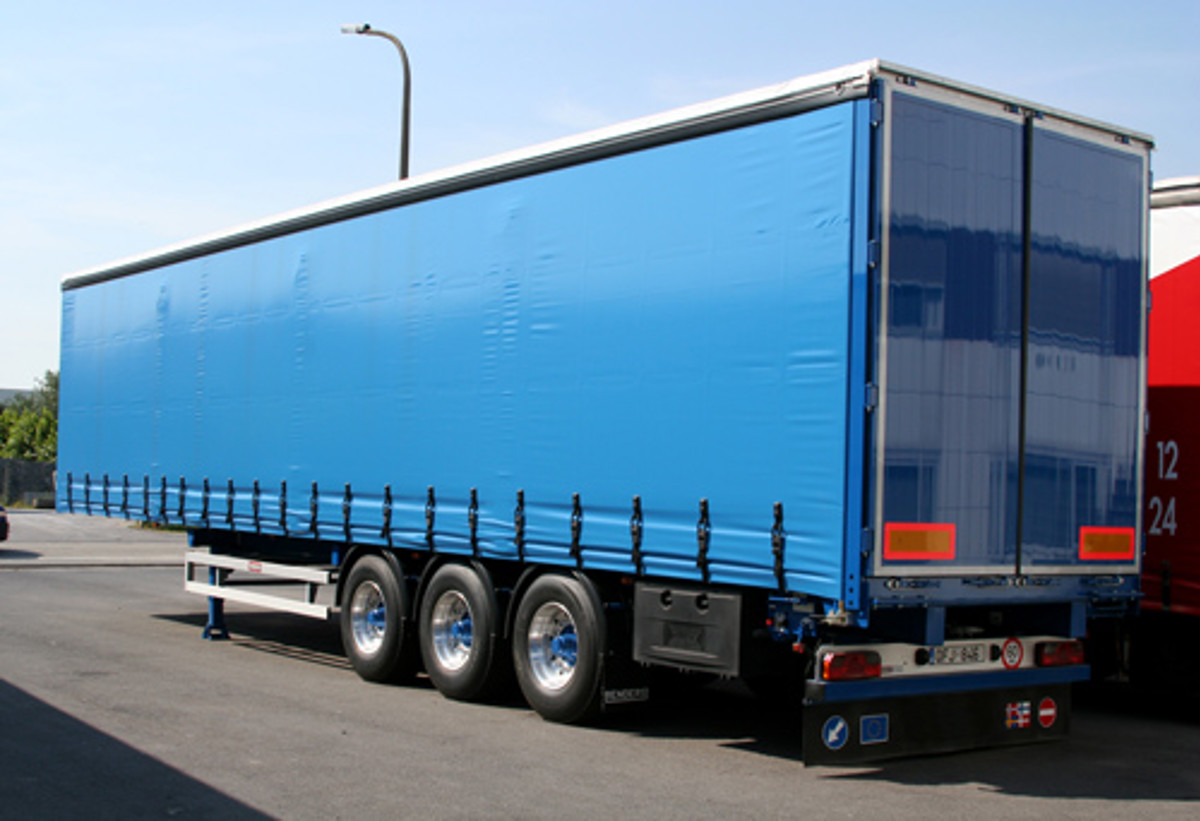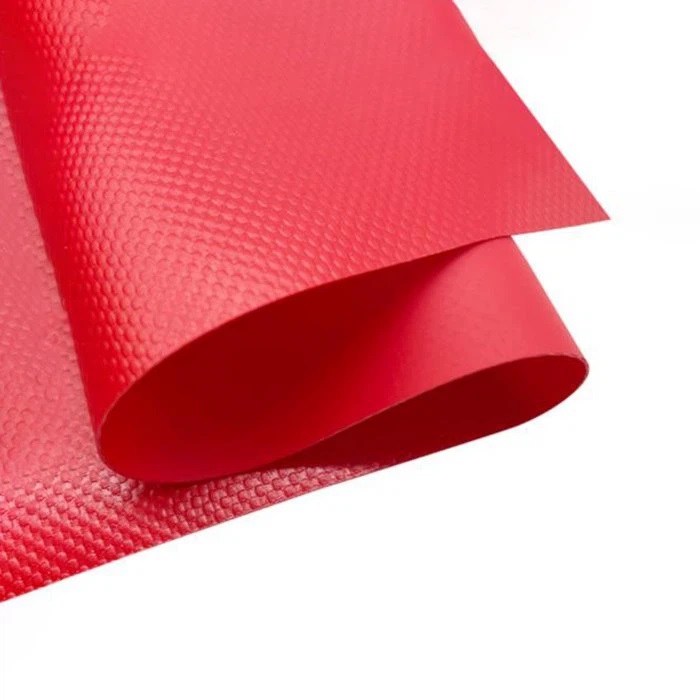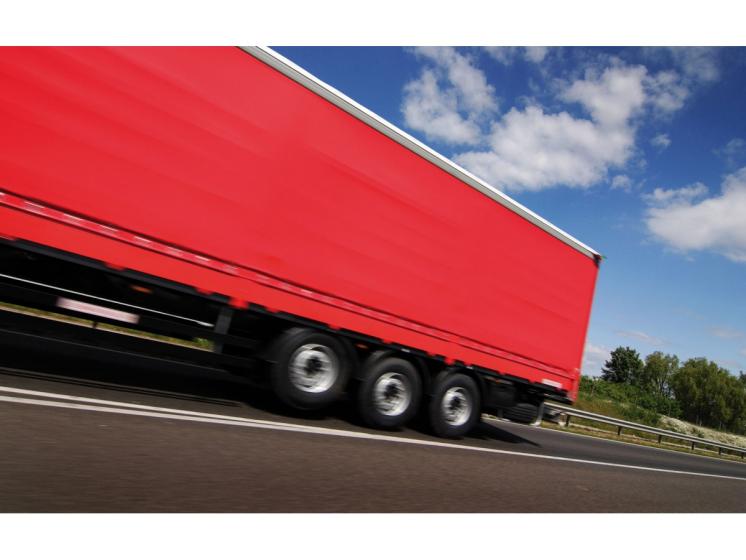What effect does the tear resistance of the tarpaulin have on the truck tarpaulin
What effect does the tear resistance of the tarpaulin have on the truck tarpaulin
The tear resistance of a truck tarpaulin is a critical factor that significantly impacts its durability, functionality, and lifespan. Here’s how tear resistance affects truck tarpaulins:
1. Durability & Longevity
High tear resistance ensures the tarpaulin can withstand stress, wind forces, and abrasion during transit.
Prevents small tears from expanding into large rips, extending the tarp’s usable life.

2. Protection of Cargo
A tear-resistant tarp prevents debris, rain, and wind from damaging the load.
Reduces the risk of cargo exposure due to accidental tears from sharp edges or rough handling.

3. Resistance to Environmental Factors
Strong tear resistance helps the tarp endure harsh weather (strong winds, hail, UV exposure).
Prevents failure due to fatigue from repeated folding and unfolding.

4. Cost Efficiency
A tear-prone tarp requires frequent repairs or replacements, increasing long-term costs.
High tear resistance means fewer replacements, saving money over time.
5. Safety & Compliance
Some transport regulations require durable, tear-resistant covers to secure loads properly.
Prevents PVC truck tarp failures that could lead to road hazards or fines for uncovered cargo.
Factors Affecting Tear Resistance:
Material (PVC, PE, vinyl, canvas) – Reinforced materials offer better tear strength.
Reinforcements (woven polyester, mesh layers) improve resistance.
Coating (polyurethane, acrylic) can enhance tear and abrasion resistance